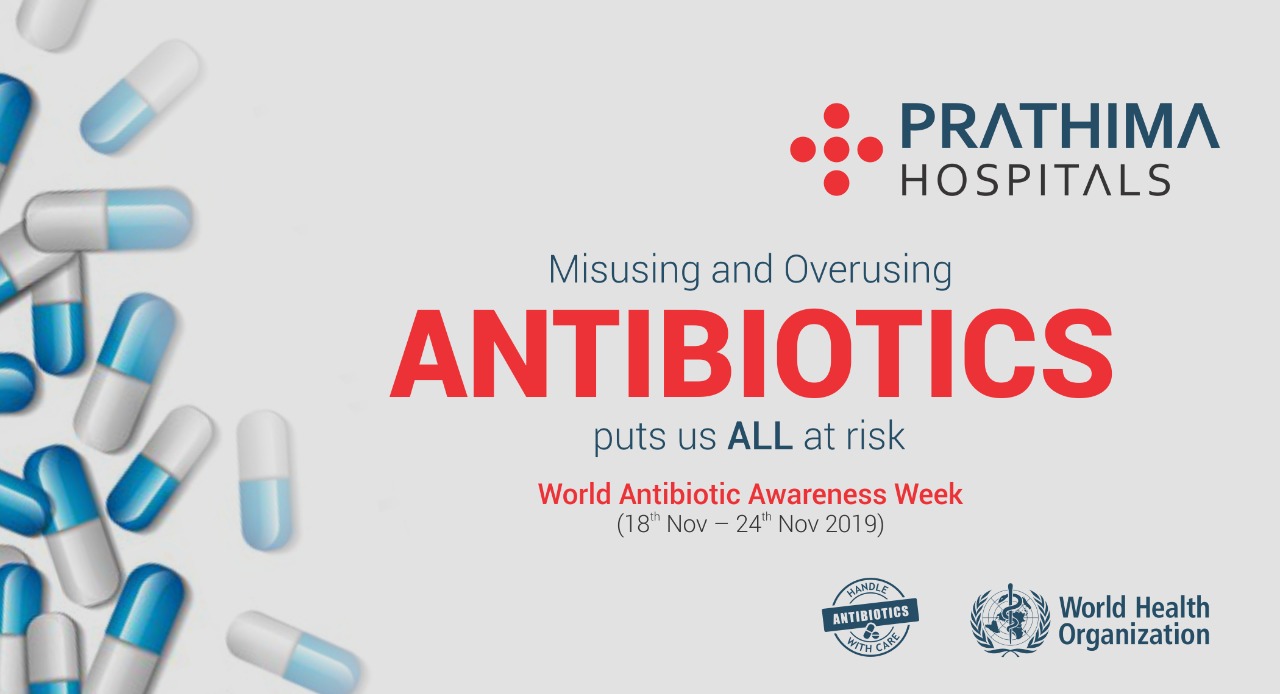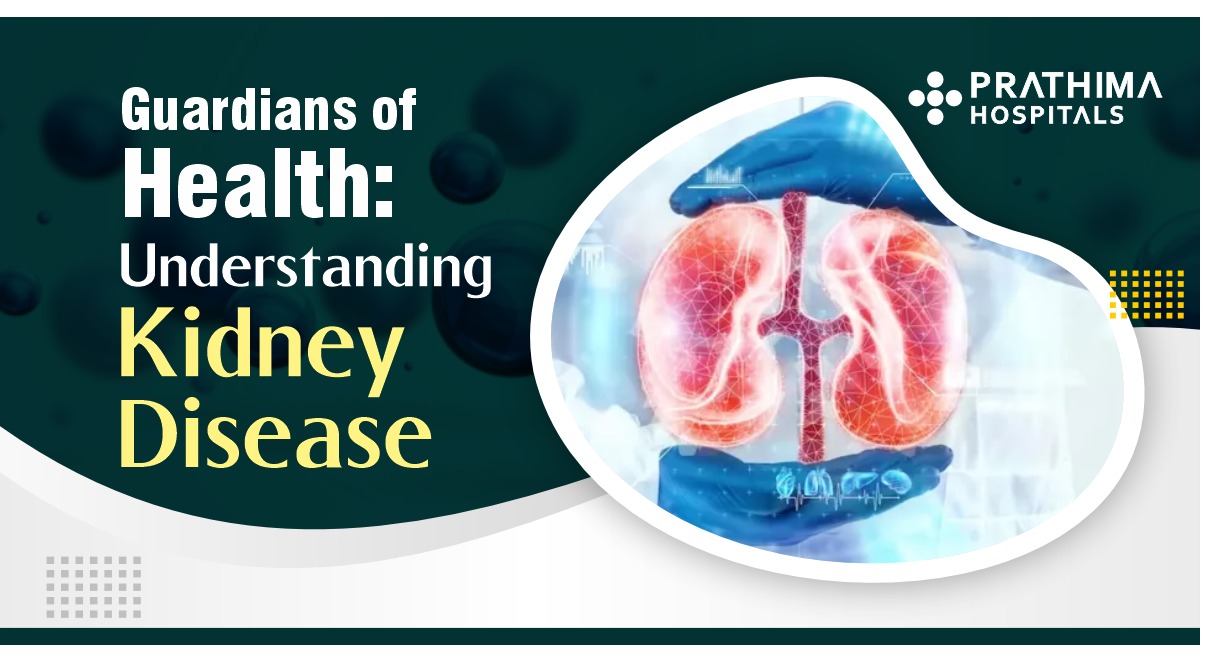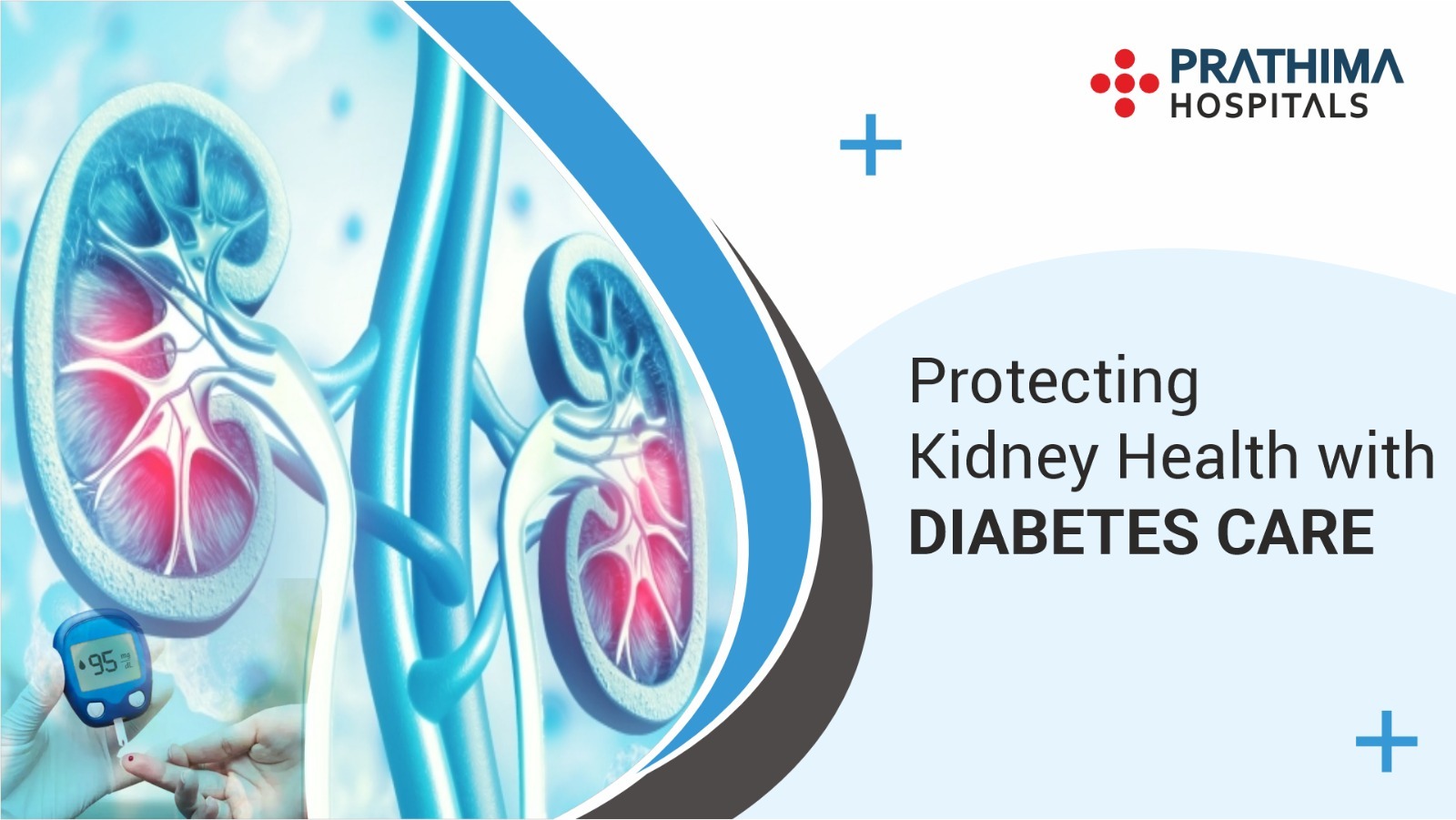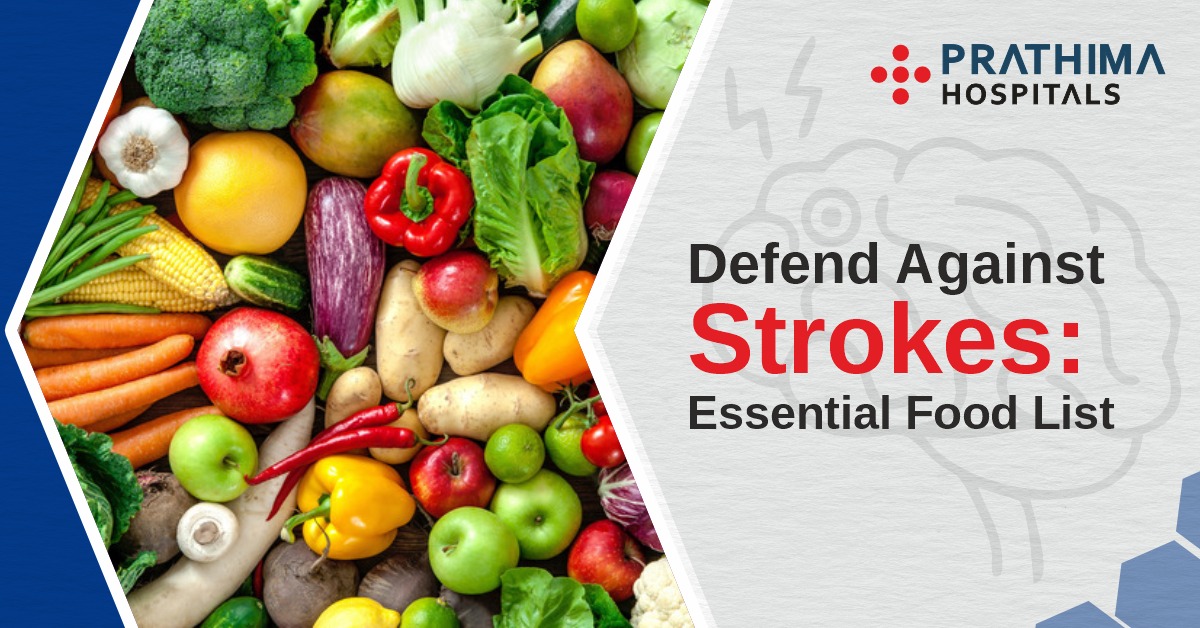WORLD ANTIBIOTIC AWARENESS WEEK

(18TH NOVEMBER – 24TH November 2019)
INDIA HAS AN URGENT NEED ON ANTIBIOTIC AWARENESS!
WORLD ANTIBIOTIC AWARENESS WEEK is celebrated every November to increase global awareness of antibiotic microbial resistance (AMR) & to encourage best practices among the general public, health care workers & policymakers to avoid the further emergence and the spread of antibiotic resistance.
Antibiotic Resistance (AMR) occurs when bacteria develop the ability to defeat drugs which have been specifically designed to kill them. These bacteria (referred to as SUPERBUGS) survive and continue to multiply to cause more harm. Infections caused by such resistant germs are very difficult and often impossible to treat and it can affect humans at all stages of life.
Even though antimicrobial resistance is a natural process, the misuse of antibiotics in humans and animals is accelerating the process. A large number of infections such as tuberculosis, pneumonia, and gonorrhea are becoming very difficult to treat since the antibiotics used for their treatment are becoming less effective.
The World Health Organization is coordinating a global campaign “Handle with care” to raise awareness and encourage best practices for antibiotic use. In India, the government has launched a National Action Plan on Antimicrobial Resistance (NAP-AMR) 2017- 2012 as well. Best Hospitals in Hyderabad.
What is antibiotic stewardship? Why is it important?
Antibiotic stewardship refers to a set of strategies that aims at improving the use of antimicrobial medication with the goal of reducing antimicrobial resistance. Such stewardship is important to ensure the continued efficacy of antibiotics and improve patient’s safety.
What can a common person do about antibiotic stewardship?
1)Preventing infections can reduce the use of antibiotics. Good basic hygiene is one of the most effective ways to reduce the risk of infection. Good hygiene includes:
- Washing your hands properly before eating food & after using the toilet.
- Preparing food hygienically.
- Drinking clean &safe water.
- Avoiding close contact with sick people.
- Restricting yourself indoor when not feeling well.
- Practicing safer sex.
- Keeping your & children’s vaccination up-to-date.
2) Always follow the advice of a qualified healthcare worker before taking antibiotics. Doing so will help the doctors to assess the condition and prescribe an optimal antibiotic & dosage for the same.
3) Not demanding antibiotics, if your health care professional says you don’t need it! Viral infection like common cold /flu can’t be treated by antibiotics.
4) Not missing the antibiotic dose.e.g if the antibiotic has been prescribed for 3 days, it must be taken for 3 days even if the symptoms are relieved. Leaving the course of medicine in between may lead to the onset of infection again. General Medicine in Hyderabad.
5) Over the counter purchase of antibiotics should not be followed.
When it comes to AMR, the major fault lays in the way people tend to use antibiotics. Combating AMR is not only a goal for the government but is required for the benefit of the society as well. We as individuals do have the responsibility to ensure that antibiotics are not misused & its still not too late to combat the nuisance of Antibiotic resistance.
Author –
Dr.Arcy Billoria (MD)
Consultant Microbiologist & Infection Control Officer





